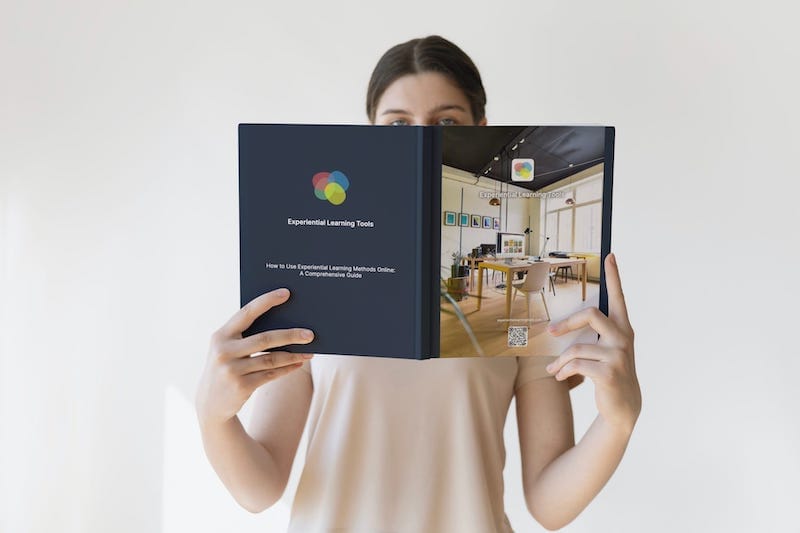When applying experiential learning in your training programmes, the concept of 'winning' and 'losing' takes on a different hue. Traditional views of success and failure are reimagined, especially when outcomes don’t align with initial expectations. This blog post delves into how a 'loss' in an experiential learning activity – be it not solving a problem within a given time frame or arriving at an incorrect solution – can be a stepping stone to greater learning and understanding. It's about turning a perceived loss into a win through reflective practice and learning. The only failure in an experiential learnng session is the failure to learn anything!
The Learning Value of 'Losses'
A loss, in the context of experiential learning, is not a dead end but rather a rich source of insight. When participants don't achieve the desired outcome, it often reveals underlying assumptions, communication gaps, and areas for improvement. This 'failure' is a powerful catalyst for discussion and discovery, prompting learners to question, analyse, and understand their approaches and thought processes.
Stages of Reflective Learning
-
Immediate Reaction: The first stage is the emotional response to the outcome. It's natural to feel disappointment or frustration, but recognising these emotions is crucial in setting the stage for deeper analysis.
-
Critical Analysis: Here, participants dissect the experience. What strategies were employed? Where did the communication falter? What assumptions were made? This step moves beyond the surface to uncover the factors that led to the outcome.
-
Learning Identification: Participants reflect on what they learned from the experience. It could be a newfound understanding of team dynamics, the importance of clear communication, or insights into problem-solving strategies.
-
Future Application: The final stage involves applying these learnings to future scenarios. How can this experience shape future decisions and actions? This is where a 'loss' transforms into an invaluable lesson for future endeavours.
Case Studies and Examples
- A team fails to complete a task in a session using the Emergency Delivery exercise due to miscommunication. The review reveals that assumptions about each member's understanding led to the breakdown. The learning? The critical role of clear and explicit communication in teamwork.
- In Colourblind, a group arrives at the wrong solution. Reflection shows that they adhered too rigidly to their first idea without considering alternatives. The lesson? The importance of flexibility and openness to diverse ideas in problem-solving.
We could go on. A 'loss" is really a win through the lens of learning and development.
Embracing a Growth Mindset
Turning losses into wins is rooted in adopting a growth mindset. This perspective values learning and development over the binary view of win/lose. It encourages learners to see 'failures' not as reflections of their abilities but as opportunities for growth and improvement.
Facilitating Effective Debriefing
The role of a facilitator is crucial in guiding participants through the reflective process. Effective debriefing helps learners make sense of their experiences, linking their 'losses' to concrete learning points and future applications. The facilitator’s questions and insights can steer the reflection from a focus on failure to a focus on learning and growth.
Summary
In experiential learning, a loss is never just a loss. It's a nuanced experience brimming with potential learnings. By embracing a reflective and growth-oriented approach, participants can turn every loss into a win – a win in terms of enhanced understanding, improved skills, and enriched perspectives. This paradigm shift is not just pivotal for experiential learning but is also invaluable in personal and professional growth.

